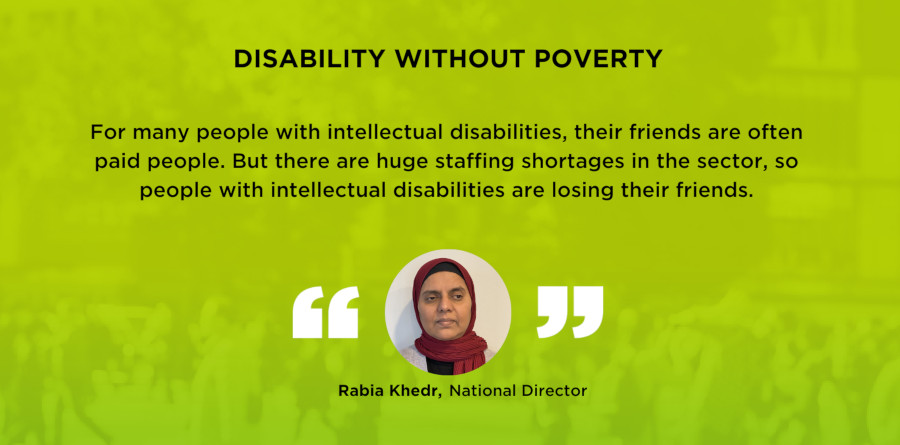FINDINGS
HOME > SOCIAL CAPITAL > SOCIAL NETWORKS

OVERVIEW
While most Torontonians can count on a network of friends and family, these networks have changed since 2018. Torontonians are coming out of the pandemic connected to smaller groups of family and friends than they were going into it. They are also now seeing their companions in person less often. The frequency of in-person communication fell most for seniors; seniors also experienced the largest drop in satisfaction in how often they communicate with their close friends and relatives.
About one in 12 Torontonians reports having no close family members they can call for help or talk to about what’s on their mind, and a similar proportion say they have no close friends. In each case, this represents more than 200,000 people in the city who lack this form of social support. Those who are less connected in these ways include those who have lower incomes, those who are unemployed, those who have a disability and those who report poor mental health.
KEY FINDINGS
- A greater proportion of city residents today than in 2018 have between zero and five close relatives or close friends, and a smaller proportion have six or more (and the same is true in the case of the number of other friends).
- The proportion of Torontonians having in-person contact with close friends or relatives at least once a week fell between 2018 and 2022.
- Tools such as messaging apps or video calls provide ways of staying in touch with close friends and family members that are additional to, and not an alternative to, in-person meetings. Those who report regular in-person contact with their close friends and family are also more likely to communicate with them regularly by telephone or online.

COMMUNITY INSIGHTS
Across the city, social networks have shrunk during the pandemic, with people reporting smaller groups of friends and family, and seeing those contacts less frequently. With this decline, many more Torontonians said they were unsure if they could rely on anyone to help them if they needed it. Many community leaders see the impacts in their work, saying that community members are increasingly turning to nonprofits for support when experiencing mental health challenges or when they can’t make ends meet.
- Many Torontonians have lost touch with their support networks in the pandemic, which make any emerging challenges more severe
- After two years of limited interaction, community organizations are facing overwhelming demand for programs that foster connections between people
We acknowledge we are on the traditional territories of the Huron-Wendat, the Anishinabek Nation, the Haudenosaunee Confederacy and the Mississaugas of the Credit First Nation. While Indigenous communities in Toronto remain strong, vibrant, and resilient, they need support to address and overcome the impact of colonialism and systemic inequalities. Furthering Indigenous reconciliation and sovereignty are integral to achieving a more fair and just society where everyone can thrive.
We aim to be an ally and to fund local Indigenous organizations.



